If you spell the words “absolutely nothing” backwards, you get “Gnihton yletulosba”,
which ironically means absolutely nothing.
Well, there is more to today’s post than gnihton, but maybe not much. Let’s get started!
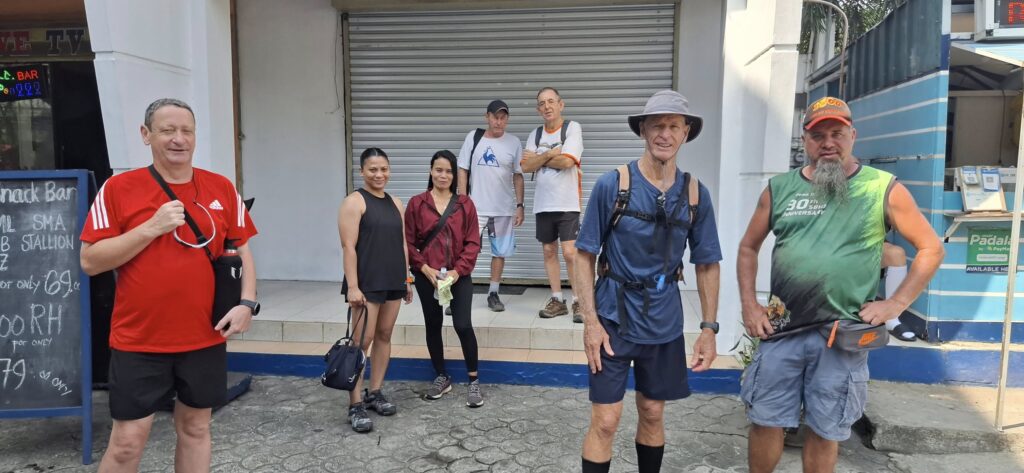





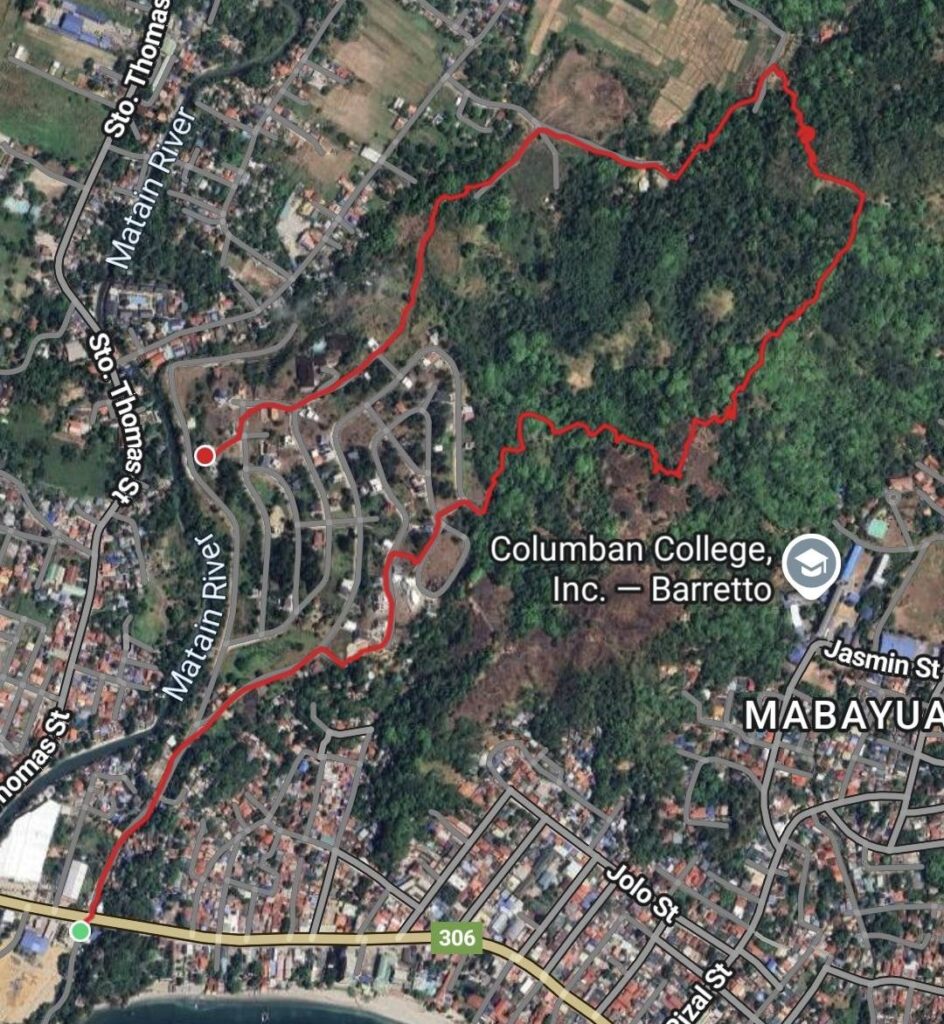
The big part of my day was joining in the fund-raising gathering at It Doesn’t Matter to help Martin with the medical expenses after his serious motorcycle accident in Mindoro. He has since been transferred to the hospital at Clark in Angeles City, one of the better facilities around. Hopefully, he will recover from the numerous surgeries he is undergoing and be released soon. He is facing a LONG road to recovery.
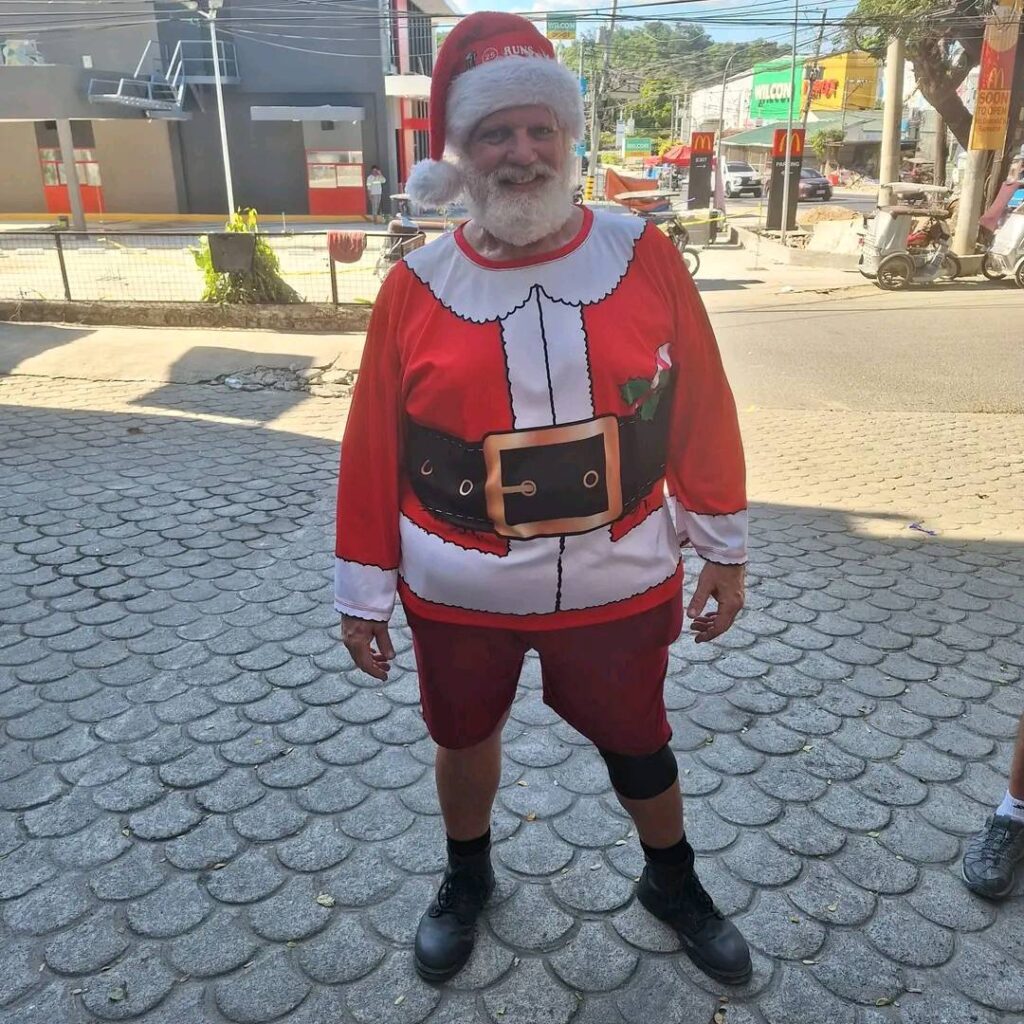
So, the event appeared to be a success, with many of Martin’s friends, fellow bikers, and Hashers in attendance. The bar sold tickets at 500 pesos for five beers, and half of that went to Martin. I wound up buying three ticket packs, and also dropped some money in his collection box. Every little bit helps.

The Eagles sang about taking it to the limit, and I might have taken a step or two beyond that yesterday. The 2 p.m. start time for the event was certainly a factor. And those fifteen beer tickets weren’t going to go to waste if I could help it. It was a good reminder that my normal three-hour drinking window is a wise choice in order to avoid the overindulgence that occurred at the gathering on Martin’s behalf.
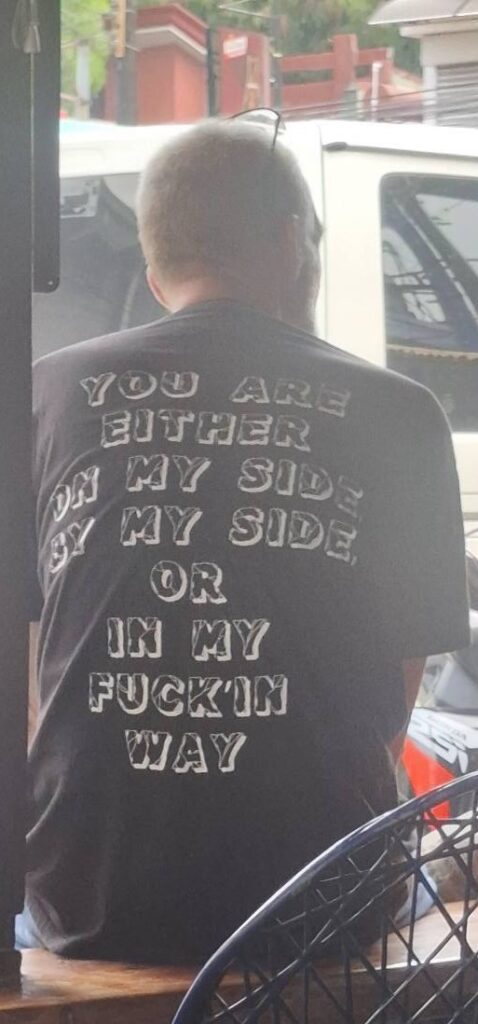
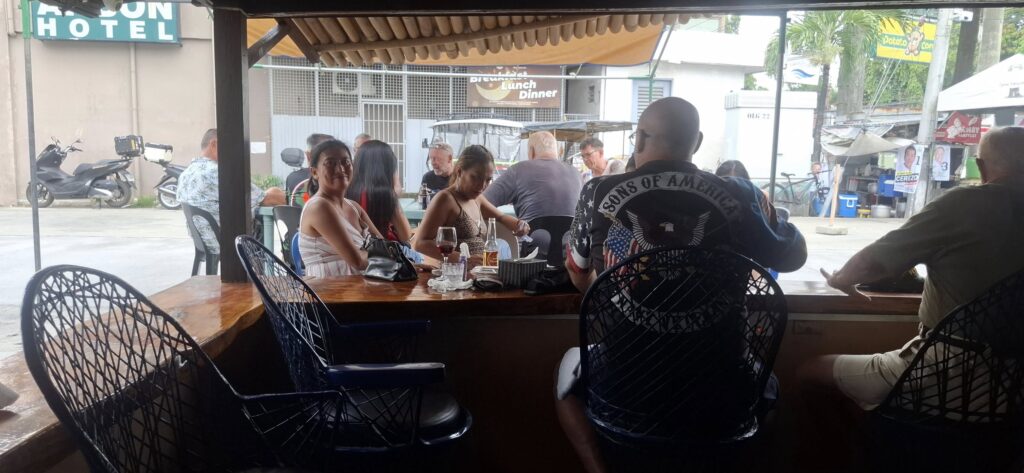
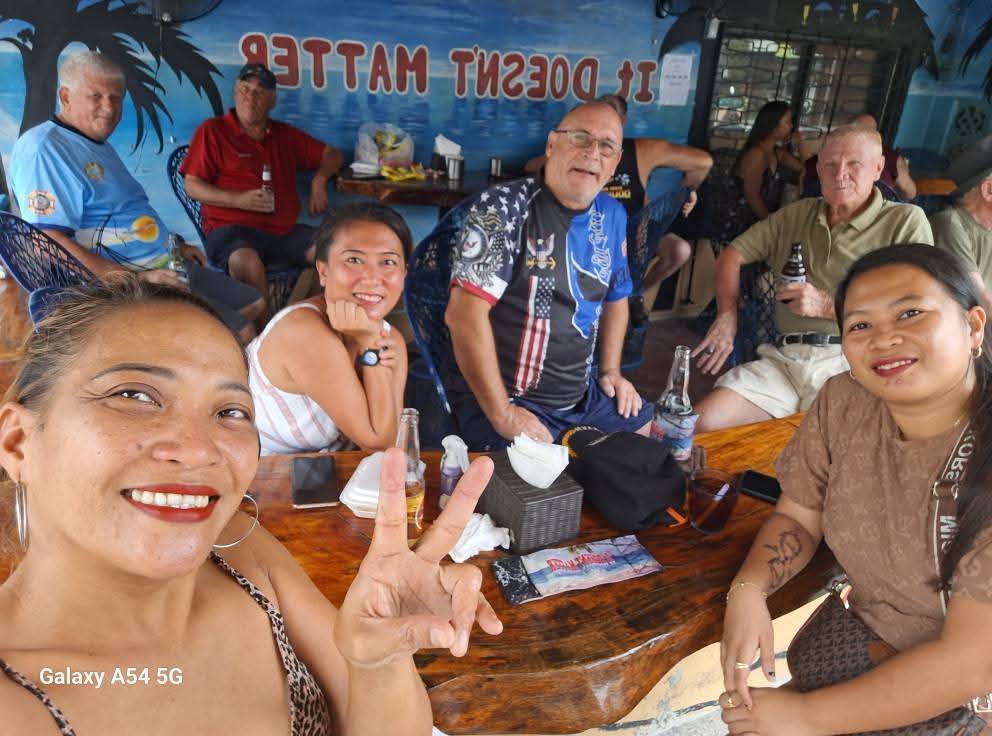
Anyway, good times for a good cause. We left around 6:30, and on the way home, I grabbed a roast beef dip sandwich at Sit-n-Bull. And a slice of pecan pie. I retroactively declared it a dietary cheat day. Swan and I were both in bed before eight and awakened in the wee hours of morning after a full night’s sleep. That’s the price you pay for an early start. Lesson learned? Maybe, maybe not.
Back in November 2007, I wrote about my snail’s pace progress on my journey to learn the Korean language. Trying and failing are lessons, too. It was funny remembering the ability to read Korean words without any understanding of what they meant. Duh ee na stee, indeed!

Seven years ago, I was honored by the 8th Army at my farewell luncheon at Camp Humphreys in Pyeongtaek.
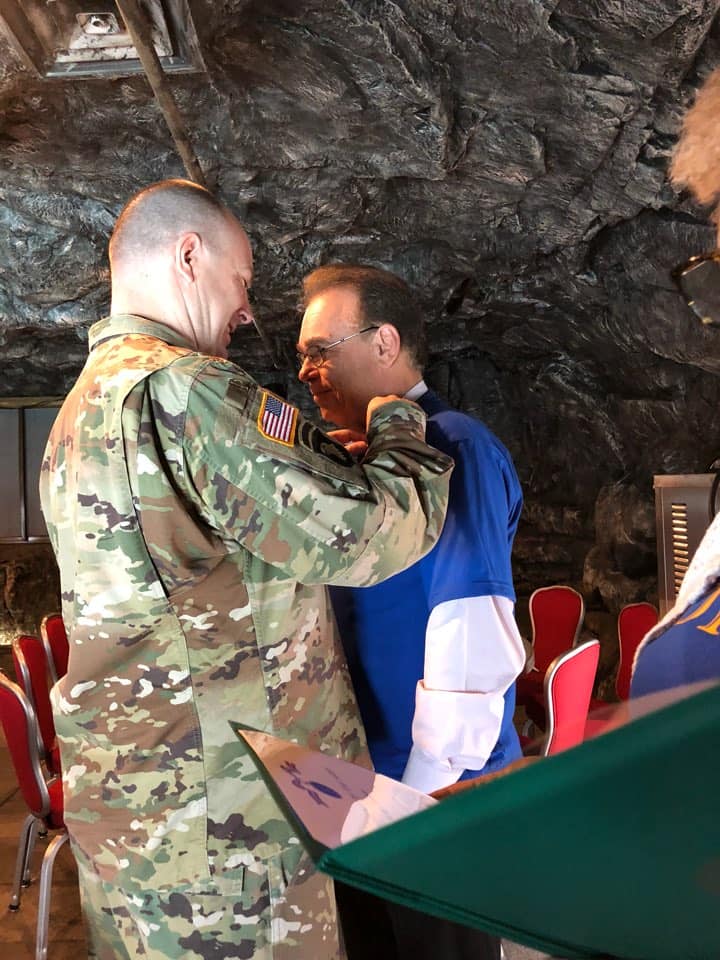
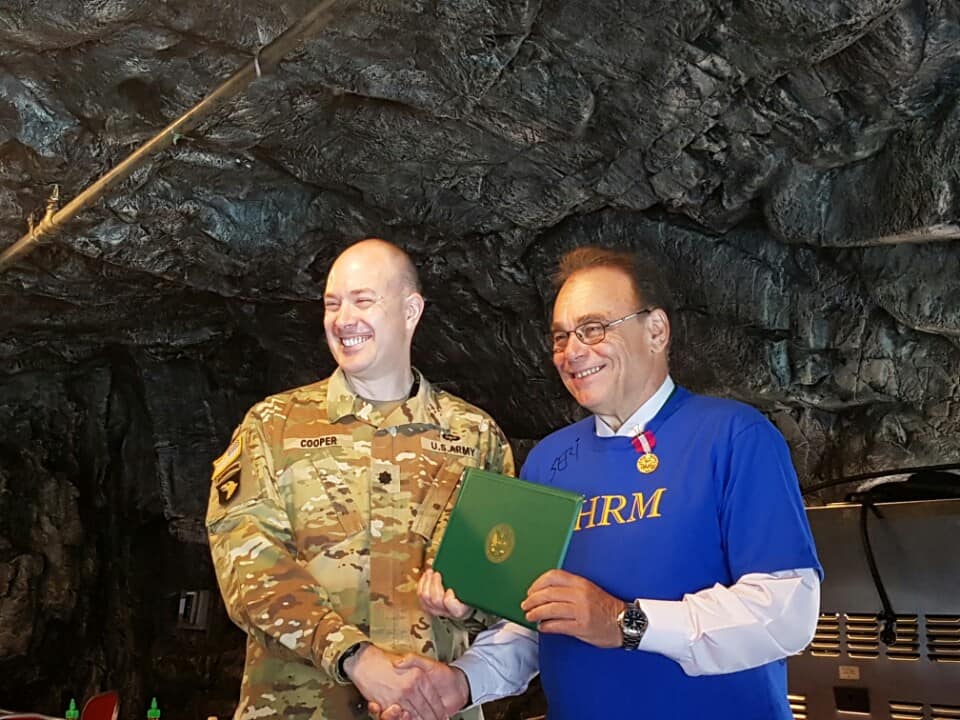
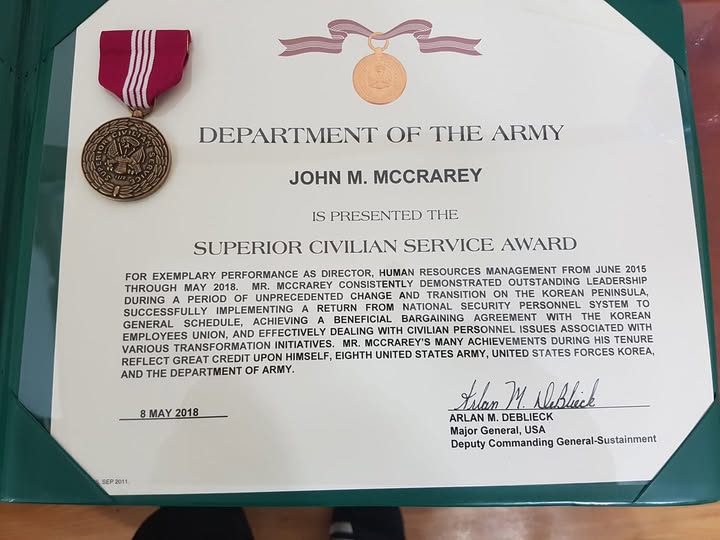
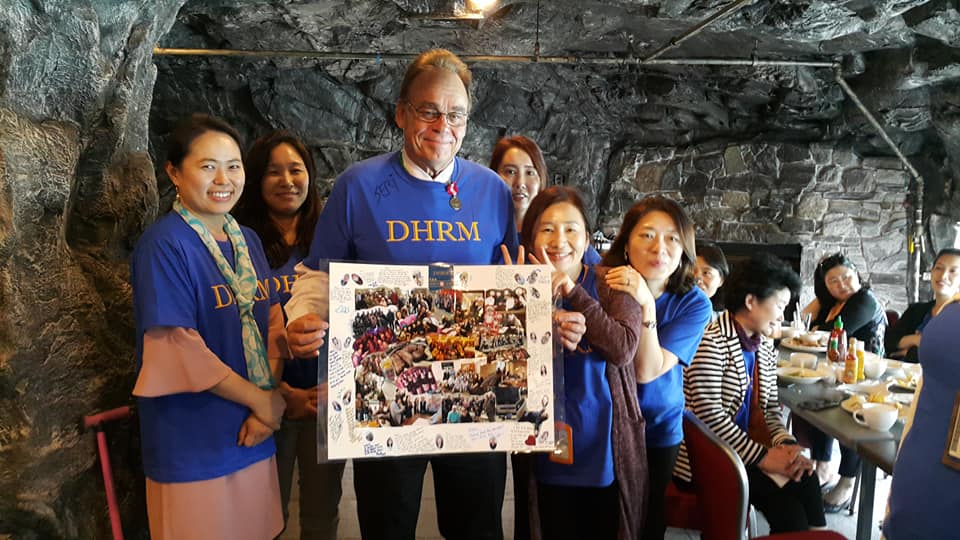
Today’s YouTube video shares the sad story of an American who has been in jail for three years now, based solely on the allegations of abuse by his Filipina ex. Scary to think how easily that could happen to any of us here. Then again, she offered to withdraw the charges for four million pesos, and he refused because that would appear to be an admission of guilt. Hmm, I’d pay to stay out of a Filipino jail because I know I’d die inside of one.
And now for today’s dose of “humor”:
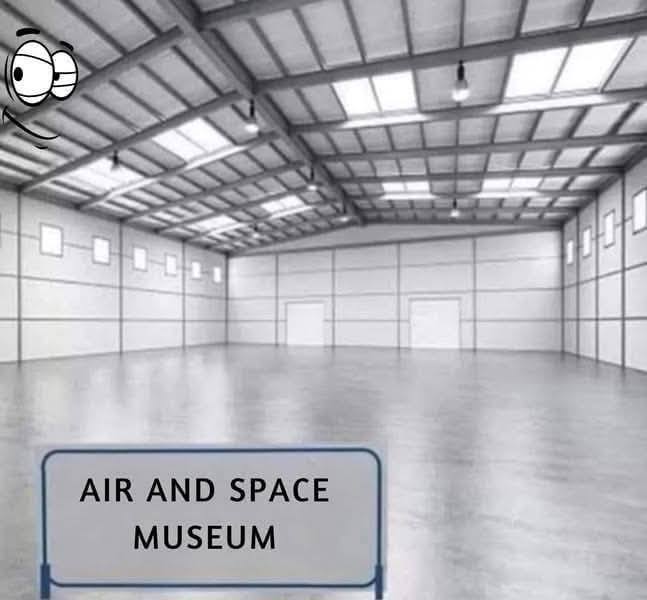


And that’s yletulosba all I’ve got to say for today.

I went over to read your old post because I was curious as to what “duh-ee-na-stee” was. Apparently, you thought it was the hangeulized way to say “Dynasty.” But the long “i” sound (like the “i” in “night”) in Korean is written in two syllables as “ah-ee,” not “uh-ee.” So it would’ve been “dah-ee-nuh-seu-tee (다이너스티).” The “st” combination can’t be hangeulized as “st” because, according to Korean spelling and pronunciation rules, you have to interrupt the consonant sound with a vowel sound. So the “-sty” in “dynasty” would become a “seu-tee” (스티, see above). This is also why a simple-to-pronounce word like “Christmas” is such a mess when you spell it in Korean: 크리스마스/keu-ree-seu-mah-seu—going from two syllables in English to five in Korean.
The above remarks are true for the Yank pronunciation of “dynasty,” but a lot of Brits would pronounce it “dinnuh-stee,” which would hangeulize as 디너스티/dee-nuh-seu-tee.
Yeah, it’s possible to learn to sound out Korean words without having any idea what they mean. And FWIW, one Korean word for “dynasty” is “wangjo/왕조.”
Saying “heyo/해요” is less polite than saying “haseyo”; even more polite would be “haejuseyo/해 주세요” (sort of like “please do it”). But Koreans don’t normally say “do it,” by itself, as a command, the way we do in English. They’ll usually add some information like “that way” (그렇게/geureogae) to make the thought more complete in their minds. So you might hear, “그렇게 해 주세요” (“Please do so”). However, in an office context, especially if you’re the big cheese, you might get away with sounding less polite because of how social stratification works in Korean society and language. But in many Korean offices, people of higher and lower status all speak to each other in a politely informal (or formal) way. Again, this may depend on the office and the social context.
We English speakers immediately sense when a foreigner hasn’t said a phrase completely. For example, if I ask, “Did you speak to Bill?” and the foreigner says, “Yes, I spoke,” you immediately realize there’s a “to him” missing even if you understand the speaker’s intention. Every language comes with its own sense of how to form a naturally complete idea.
And now, alas, I guess you’ve forgotten all of your hangeul (written Korean) through lack of use. Nice to live in a more-or-less English-speaking Asian country!
Three years ago, I had my first and last date with this gal I met on a dating website.
Dating sites are lame and geared toward desperate people. Avoid.
And as every leader knows, success is about the quality of the people you lead.
And success in love is about the quality of the people you date. You’re a lucky man.
I’d pay to stay out of a Filipino jail because I know I’d die inside of one.
You’ve said this a few times before. What would kill you? Lack of beer and sex (there might not be a lack of sex—ha ha!)? Lack of general companionship? Something else?
Well, good luck with the next walk and stay out of trouble.
Kev, thanks for the sounding out and pronunciation clarifications, even though they no longer matter. Yes, I’ve forgotten more than I ever knew about the hangeul alphabet. Gaesaekii! I still have a small vocabulary that I sometimes use jokingly. I’ll greet, thank, and order a beer in Korean to enjoy the confused faces of my victims. I do that with my limited Spanish on occasion, too.
I met one or two decent women on dating sites (too decent for my low character), but most were lying scammers looking for handouts.
Sharing an overcrowded cell with fifty other criminals, sleeping on the floor, a limited diet of rice and scraps, no access to meds or health care, is a fate worse than death for me. You can alleviate some of that if you have family and friends with the money to pay for upgrades, but I never want to FAFO if that experience is survivable.
Blessed Dear Sir Jhon;
How wonderful the new Pope!! You must be very excitable, and prideful! How will you to be celebrating, dear? Personally I will be sure to eat as many pizza as possible. And you dear sir Jhon?
God bless.
Cherry, is the Pope Catholic? I heard he’s an American. I hope he tears down those Vatican walls since he believes in open borders. No pizza for me, thank you.